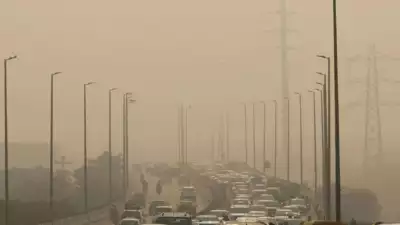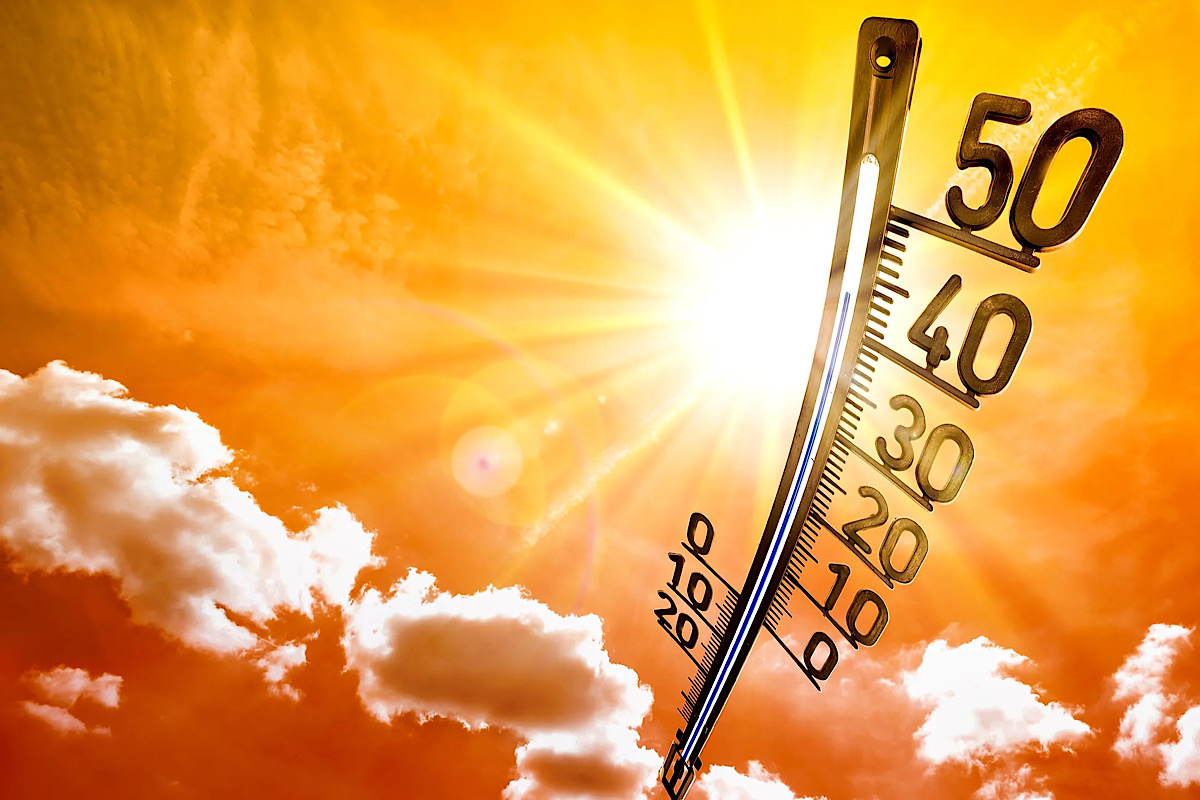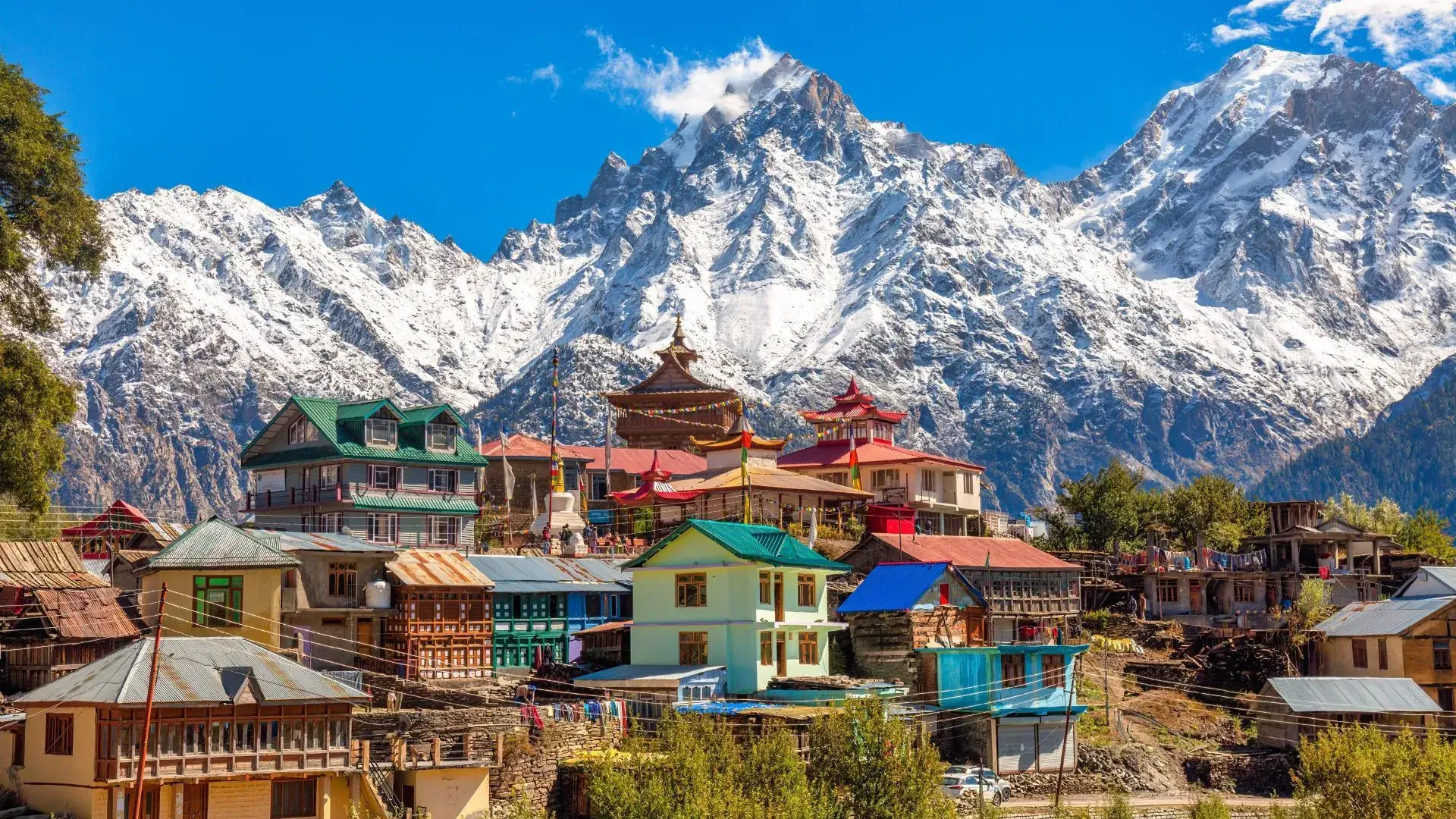Delhi, one of the world’s most densely populated cities, faces a dire public health crisis as pollution levels skyrocket. With winter approaching, the familiar haze thickens, and the city’s Air Quality Index (AQI) reaches hazardous levels, causing a wave of health concerns, particularly respiratory issues. Symptoms such as a persistent cough, breathlessness, and fluctuating oxygen levels have become alarmingly common for residents. This article delves into the harsh reality of Delhi’s air pollution, examining its health impact, how people cope, and practical measures to protect themselves from the city’s hazardous air.
The Alarming Rise of Respiratory Symptoms
Delhi’s poor air quality has prompted a significant increase in respiratory illnesses across age groups. Healthcare providers report a two- to threefold increase in emergency room and outpatient department (OPD) cases. Dr. Neeraj Gupta, a senior medical officer at Safdarjung Hospital, noted that many patients experience symptoms of respiratory distress without signs of infection, attributing the issues directly to pollution. Persistent cough, shortness of breath, and respiratory failure are rampant, indicating that pollution compromises lung function and triggers underlying respiratory conditions.
Vulnerable Populations: A Closer Look
Certain groups in Delhi are more susceptible to the harmful effects of pollution. Asthma and COPD (Chronic Obstructive Pulmonary Disease) patients face an even greater struggle, as the dense smog exacerbates their conditions. Children, the elderly, and those with pre-existing respiratory conditions are particularly vulnerable, with symptoms often intensifying to the point of hospitalization. Dr. Ritu Malani, an allergy specialist, emphasized how pollution inflames the already hypersensitive respiratory tracts of allergy sufferers, worsening their symptoms and making treatment challenging.
How Does Air Pollution Trigger Respiratory Issues?

Delhi’s AQI frequently surpasses the hazardous threshold, bombarding lungs with Particulate Matter (PM) 2.5 and PM10, which are known to penetrate deep into the lungs. PM 2.5, in particular, can enter the bloodstream, causing inflammation and exacerbating respiratory problems. Pollutants such as nitrogen dioxide (NO2) and sulfur dioxide (SO2) contribute to respiratory irritation, leading to persistent cough and wheezing. When inhaled over long periods, these pollutants impair lung function and weaken the immune response, making the body more susceptible to infections.
The AQI Scale: Understanding Its Impact on Health
The Air Quality Index (AQI) measures the level of pollutants in the air, with values ranging from 0 to 500, indicating the severity of pollution. For Delhiites, exposure to an AQI of over 400—considered “severe”—is becoming the norm. At this level, everyone is at risk, not just those with pre-existing health conditions. Respiratory failure becomes a genuine concern, and a mere walk outside can lead to coughing fits, itchy eyes, and even chest tightness.
Indoor Pollution: The Hidden Culprit
While outdoor pollution is widely discussed, indoor pollution often goes unnoticed. As people try to escape the smog by staying indoors, they unknowingly encounter pollutants from household products, cooking fumes, and tobacco smoke. Dr. Rajesh Chawla, a respiratory specialist at Apollo Hospitals, advises keeping windows shut and limiting the use of indoor pollutants such as incense sticks and mosquito coils, which release fine particles that can worsen respiratory issues. Investing in air purifiers can significantly reduce indoor pollutants, creating a healthier indoor environment.
The Role of Masks in Preventing Respiratory Distress
Given the extent of Delhi’s air pollution, masks have become essential. However, not all masks offer adequate protection. N95 and N99 masks are most effective in filtering out harmful particles like PM 2.5 and NO2. While N100 masks provide the highest level of protection (up to 99.97%), they can be uncomfortable for extended use, as they restrict airflow. Healthcare providers recommend wearing N95 or N99 masks outdoors and using air purifiers indoors to minimize pollutant exposure.
Increasing OPD Cases: A Healthcare Crisis
Doctors across Delhi report a sharp increase in OPD cases related to respiratory issues, with healthcare facilities struggling to keep up. Dr. Nikhil Modi, a senior consultant in respiratory care, highlights the strain on resources as hospitals witness a surge in severe cases, including pneumonia and fluctuating oxygen levels. Patients are arriving at emergency rooms with symptoms that are unresponsive to typical treatments, requiring more intensive interventions. Many doctors now offer tele-consultations, recommending that people increase their medication if symptoms worsen.
How to Protect Yourself: Practical Tips for Delhiites
Given the current state of Delhi’s air quality, taking precautions is essential. Here are some steps to protect your health:
- Limit Outdoor Activities: Avoid outdoor activities during peak pollution hours, typically early in the morning and late at night. Opt for activities indoors where air quality can be better controlled.
- Wear Protective Masks: An N95 or N99 mask is essential for outdoor activities, particularly in areas with high pollution.
- Air Purifiers: Invest in a quality air purifier, especially for your bedroom, to reduce exposure during sleep.
- Diet and Hydration: A diet rich in vitamins and antioxidants helps combat the effects of pollution. Hydrating often can also help your body flush out toxins.
- Keep Windows Closed: Minimizing indoor exposure to outdoor air can reduce pollution inside your home.
Pollution poses unique risks to children, whose developing lungs are more vulnerable to pollutants. Schools and parents are advised to limit outdoor activities for children during days with high AQI levels. Common symptoms in children include sneezing, coughing, and wheezing. Some children, particularly those with a family history of asthma, may experience persistent night coughs, a precursor to asthma.
Psychological Impact of Persistent Pollution
While the physical health effects of pollution are clear, the psychological toll is also significant. Living in a polluted environment can lead to anxiety and stress, particularly among parents worried about their children’s health. The constant health threats have left many feeling trapped, unable to experience the outdoors without fear of respiratory distress. Addressing mental health support alongside physical treatments is essential, especially for vulnerable populations.
Government Initiatives and Public Awareness
Delhi’s pollution crisis has prompted both government and non-profit organizations to act. Campaigns to raise awareness about air pollution’s dangers are now more common, and efforts to reduce vehicular emissions, promote green spaces, and curb industrial pollution are underway. However, without a collective push from both citizens and the government, these initiatives may fall short. Simple actions, like carpooling, using public transport, and reducing personal waste, can make a significant difference.
Conclusion: A Path Forward
The alarming rise in respiratory issues among Delhiites highlights the urgent need for sustainable solutions to the city’s pollution crisis. While short-term actions like wearing masks and limiting outdoor exposure provide some relief, long-term solutions are essential. Collaborative efforts by the government, citizens, and healthcare providers are crucial to combating pollution and reducing health risks. For Delhiites, the journey to cleaner air may be long, but with awareness, responsible practices, and policy changes, a healthier future is within reach. Also read: https://www.onmanorama.com/web-stories/lifestyle/2024/11/18/delhi-air-quality-index-protect-health-tips.html



 By
By

















